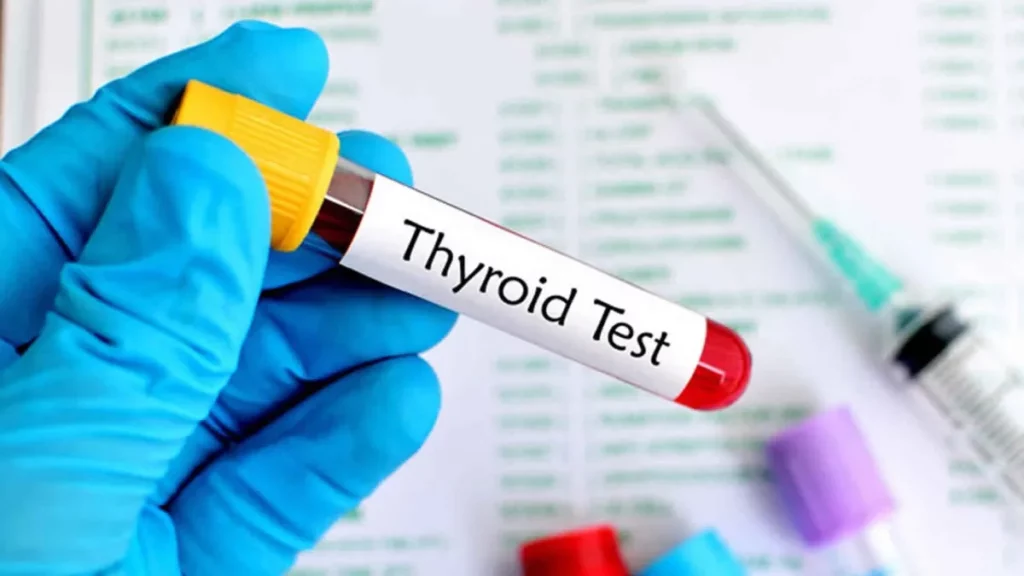
Thyroid Testing for Fertility: Why It Matters for Couples Trying to Conceive
Thyroid health plays a crucial role in fertility. Learn from a doctor why thyroid testing is essential for couples trying to conceive and how it can impact pregnancy.
What Is Thyroid Testing and Why It’s Important for Fertility
The thyroid is a small organ, but it does a lot of work in both the general health of the body and fertility, including getting pregnant and carrying a healthy pregnancy to term. The thyroid, shaped like a butterfly, rests in the bottom neck below the Adam’s apple. The main hormones the gland excretes – triiodothyronine (T3) and thyroxine (T4) – control the way the body uses energy, regulate body temperature, and help the heart and brain work, as well as mental state and energy. When the balanced orchestra of thyroid hormones gets out of tune, it can play a slow beat that makes it increasingly difficult for a woman to become pregnant during young or prime reproductive years or to carry a baby to term.
According to Dr Kshitiz Murdia, CEO and Whole-Time Director of Indira IVF, thyroid disease can disrupt the delicate balance of hormones necessary for reproduction and impact vital functions such as ovulation and sperm development. If there’s underactive thyroid hormone, it’s called hypothyroidism; conversely, if there’s too much thyroid hormone, it’s called hyperthyroidism. Both have implications for human fertility, but they impact fertility in different ways and can pose barriers if they are not treated. Appropriate diagnosis and management are crucial in addressing these concerns and in establishing reproductive health.
Hypothyroidism can affect important reproductive processes by interfering with the release of eggs during the menstrual cycle. This irregularity of ovulation also reduces the likelihood of pregnancy. In addition, some of the causes of hypothyroidism, such as autoimmune or pituitary diseases, may also detrimentally affect reproductive function, like changes in menstrual cycles, including heavier or irregular periods, and sometimes the cycle may occur more often than normal.
Hyperthyroidism, however, is more likely to lead to lighter or shorter menstrual periods and can be connected to early-onset menopause. If the hyperthyroidism is secondary to immune disorders, it can also affect the ovaries and result in other reproductive issues.
Thyroid dysfunction can also significantly affect sperm count and quality. In men with hypothyroidism, there can be a reduction in sperm count, deterioration of semen quality, and loss of testicular function. It has also been proved that affected persons have reduced semen volume, abnormal morphological structure, and significantly fewer motile sperm that render fertility even more difficult since sperm are rarely seen to fertilise an egg.
Due to its potent effects on reproductive hormones and general health, one should not underestimate the role of thyroid function in infertility. Thyroid imbalances, if detected early and treated appropriately, can improve reproductive success significantly. If you are trying to get pregnant and/or are having problems, you should see a fertility specialist. With direction and treatment, such as timely testing and appropriate interventions, most thyroid-related issues can be effectively controlled and create a safer, healthier path to parenthood.
Disclaimer: (Tips and suggestions mentioned in the article are for general information only and should not be construed as professional medical advice. Always consult your doctor or a dietician before starting any fitness programme or making any changes to your diet.